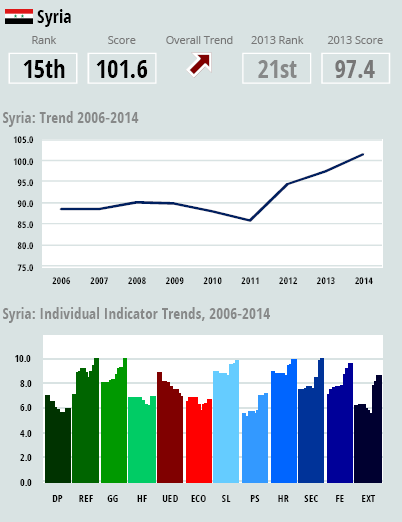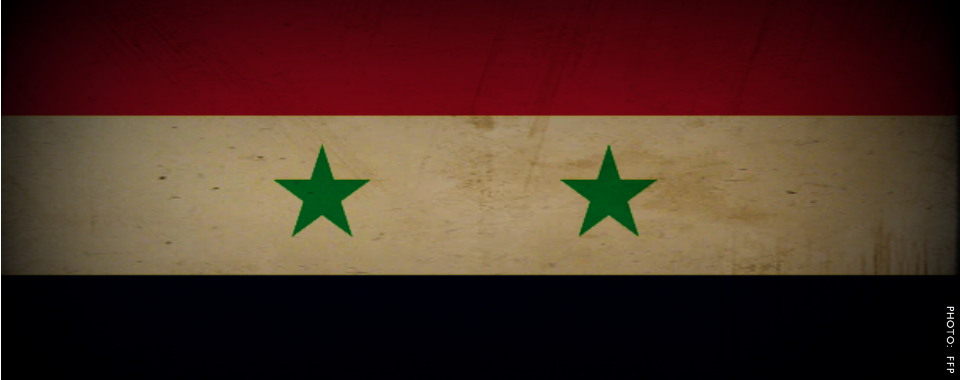BY KENDALL LAWRENCE
 Syria’s civil war continued to intensify over 2013. The Syrian Army and allied Hezbollah forces faced off over the course of the year with numerous rebel factions, all supported by different external actors. The government recaptured the town of Qusair, but lost a major stronghold in Khan al-Assal in the west of Aleppo province.
Syria’s civil war continued to intensify over 2013. The Syrian Army and allied Hezbollah forces faced off over the course of the year with numerous rebel factions, all supported by different external actors. The government recaptured the town of Qusair, but lost a major stronghold in Khan al-Assal in the west of Aleppo province.
In January, the Syrian government accused Israel of attacking a military research center in a series of jet strikes. The two countries exchanged fire later in the year in the Golan Heights. The EU agreed in May to not renew an arms embargo on Syria, opening the potential for EU countries to arm rebels though they have not done so openly as of yet.
After pledging non-military aid to rebels in March, both the U.S. and U.K. suspended “non-lethal” aid in December after reports of Islamist rebels seizing bases from the Western-backed rebels.
As fighting continued between the government and rebel forces, rumors that chemical weapons had been deployed in the Ghouta area of Damascus drew international attention. This was confirmed by UN weapons inspectors, who did not allocate responsibility of the attack. In an agreement, brokered by the U.S. and Russia, President Assad allowed international inspectors to begin the process of destroying Syria’s chemical weapons.
The brutal civil war shows little sign of slowing down or resolving anytime soon. With the escalation of violence, the level of human rights abuses and lack of political representation, Syria is likely to continue moving up the Index in the coming years.
